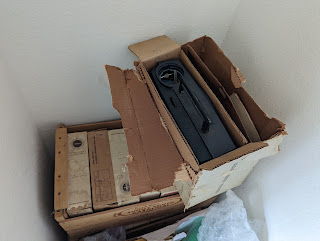What do we do when we see a family member or friend struggling? Or when we reconnect with a Battle Buddy and we get the sense something is off?
This is an awkward and uncomfortable topic because, at its core, it is terrifying. Most of us have lost more friends to suicide than to combat and it feels frightening to know our loved ones are struggling and not know what to do. So, here’s our script:
“I can tell you are having a hard time. Are you considering suicide?”
It is a simple question, but not an easy one.
The next step is hard: wait for an answer. Don’t jump in, don’t try to answer for them. Just wait.
This is hard because you care and because every part of you wants to help. But it is powerful to create space for them and to choose to be there with your buddy, no matter how uncomfortable it feels. What a profoundly loving thing to ask.
If your loved one is suicidal, stay with them and call the Veterans Crisis Line at 1-800-273-8255. You can also go to the emergency room or call 911 if you fear for their safety.
Your turn: Has someone asked you about suicide before? What was your experience?
*****
“If you believe change is possible, you want to change, and you are willing to do the work, you absolutely CAN get your life back.”
Get your copy of The Soldier's Guide to PTSD, The Soldier's Workbook,



